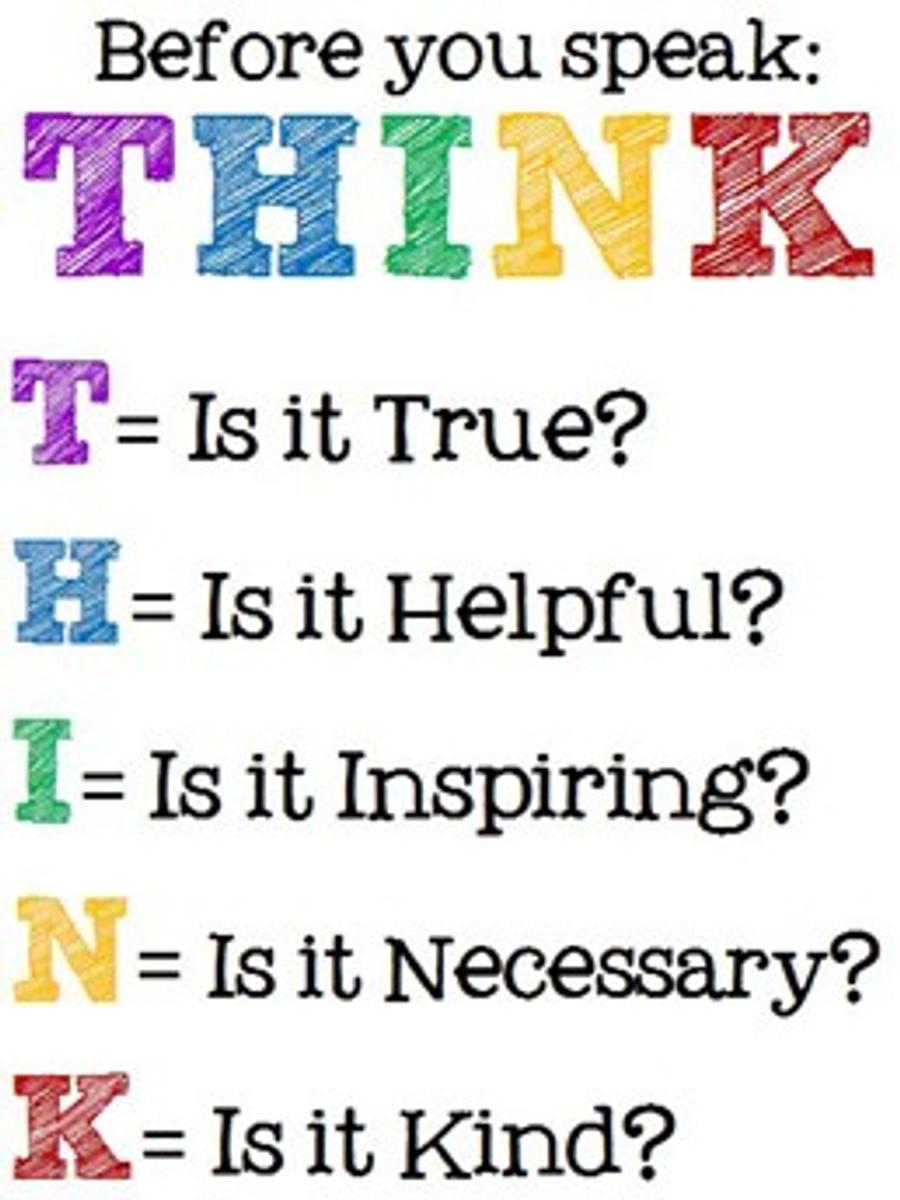Year 7 Pastoral Guardian

This poster is one that can be found on classroom walls and around the College. Your daughter may have noticed this poster, but not taken to the time to absorb its message. As humans, we are social beings and, for females in particular, closeness in a friendship is often based on conversation. Therefore, the words we use - either face-to-face or on social media - say so much about ourselves. They also have the power to raise and affirm or to destroy another person.
So, with our words being very important for genuine friendships to develop, parents, teachers, and other significant adults in children’s lives really do need to teach, reinforce, and live by this acronym. Likewise, when a friendship is tested or becomes 'toxic' or, when our daughter’s friends become 'frenemies', it is essential to consider the words used and how they are used.
By applying THINK in our lives and teaching these skills to our girls, we are empowering them to be confident, kind, and compassionate communicators, capable of leading and influencing others for good. Equally, we are also empowering them to be confident within themselves to walk away - literally and figuratively - from conversations where others are not THINKing.
Jeni Barlow
Conversation Starters
- What are some situations where you have or have seen others live by THINK?
- What were the benefits for the speaker and for the other person when THINK was applied?
- When have you seen someone not THINK, and what were the consequences for everyone involved?
- How confident are you in being able to THINK? How can I help you to be more confident to THINK so that you can be the best version of yourself?


